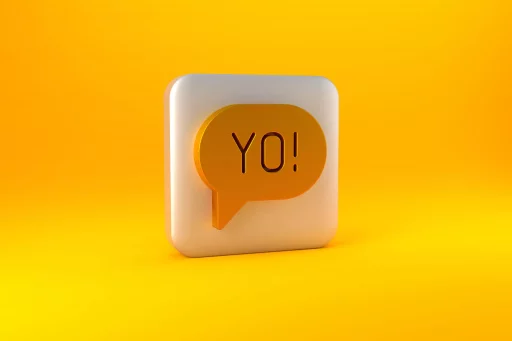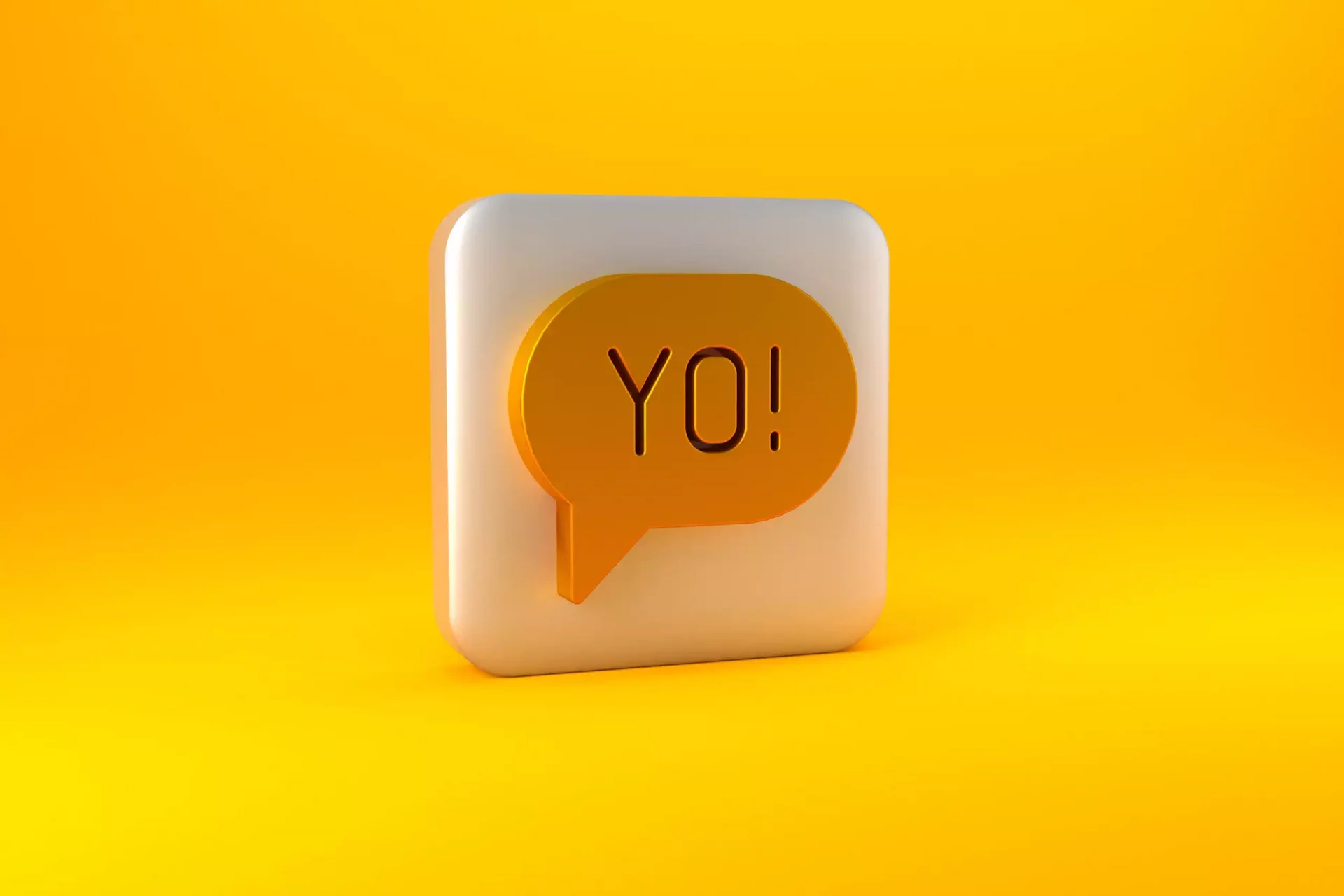Introduction to ‘Hag’
The term ‘hag’ has evolved significantly in its meaning and application over time. Once primarily used to describe an old and ugly woman, it has found new life in modern slang, particularly within the context of Urban Dictionary. This article delves into the various interpretations and cultural implications of the word ‘hag’, showcasing how language adapts in urban environments.
The Historical Background of ‘Hag’
Historically, the term ‘hag’ has its roots in Old English, originally used to refer to a witch or sorceress. Over time, as societal views on women and power shifted, the term took on a pejorative connotation, often aimed at women perceived as unpleasant or unattractive.
‘Hag’ in Urban Dictionary
Urban Dictionary, a platform known for its crowdsourced definitions, provides a myriad of interpretations for the term ‘hag’. Here are some common usages:
- 1. An unattractive woman: The most traditional use still exists where ‘hag’ denotes a woman who is not conventionally attractive.
- 2. A strong, independent woman: In a more empowering twist, some users cite ‘hag’ as referring to a woman who is unapologetically fierce and strong.
- 3. A term of endearment among friends: Among certain groups, calling a close friend a ‘hag’ can be affectionate, indicating camaraderie and closeness.
- 4. A humorous label: When used jokingly, ‘hag’ can just denote someone’s quirks without any true malice attached.
Case Studies: Usage of ‘Hag’ in Popular Culture
To further illustrate the diverse meanings of ‘hag’, Let’s examine a few case studies from popular culture and social media:
- Social Media Trends: Platforms like TikTok and Twitter often feature users reclaiming the word ‘hag’ to celebrate individuality. For example, notable influencers might post makeup tutorials while referring to themselves as ‘hags’ to contrast their boldness with societal beauty standards.
- Television Shows: In shows like “American Horror Story: Coven”, the term is reclaimed to describe powerful female characters. The word is applied in a way that transforms its negative connotation into one of strength and resilience.
Statistics on Language Evolution and Slang
Language is in constant flux, with slang particularly responsive to cultural shifts. A study by the Pew Research Center illustrates this:
- 64% of teens report using slang unique to their social circles.
- 75% of young adults recognize the importance of slang as a tool for identity and community building.
Moreover, online platforms like Urban Dictionary have documented the rapid changes in slang usage. As cultures intersect and influence one another, slang terms often gain new meanings or nuances that reflect current societal attitudes.
The Implications of Using ‘Hag’
Understanding the implications behind the term ‘hag’ is crucial for respectful dialogue. The word can be interpreted in various ways based on context:
- Positive Reclamation: When used within friendship circles, it can foster a sense of belonging and community.
- Negative Connotations: In certain contexts, it can still carry harmful stereotypes that reinforce ugly prejudices against women.
Using the term responsibly means being aware of the audience and context, ensuring that it promotes inclusivity rather than exclusion.
Conclusion: Embracing Linguistic Evolution
The transformation of the word ‘hag’ reflects broader changes in language and culture. As we continue to evolve linguistically, it’s essential to approach terms like ‘hag’ with both humor and an understanding of their potential impact. Ultimately, words are powerful tools that can either divide or unite, and it’s up to us to decide how we use them.






